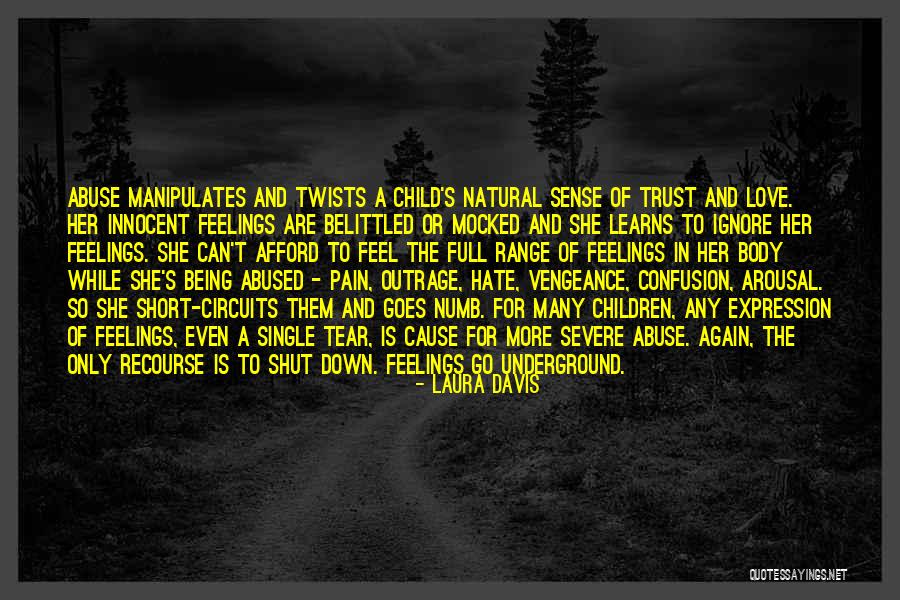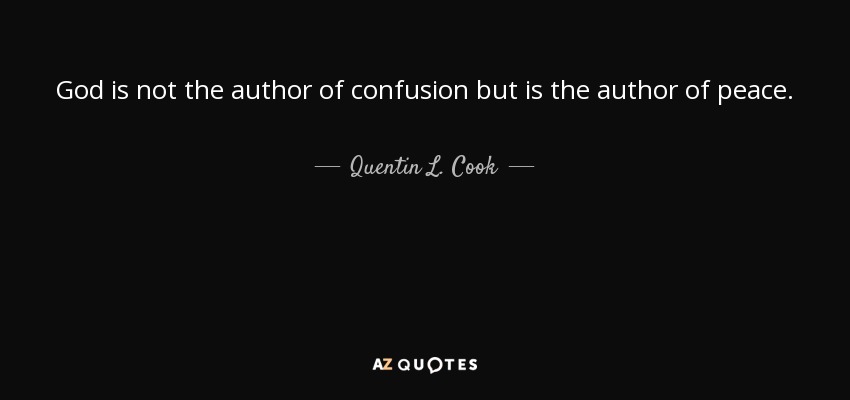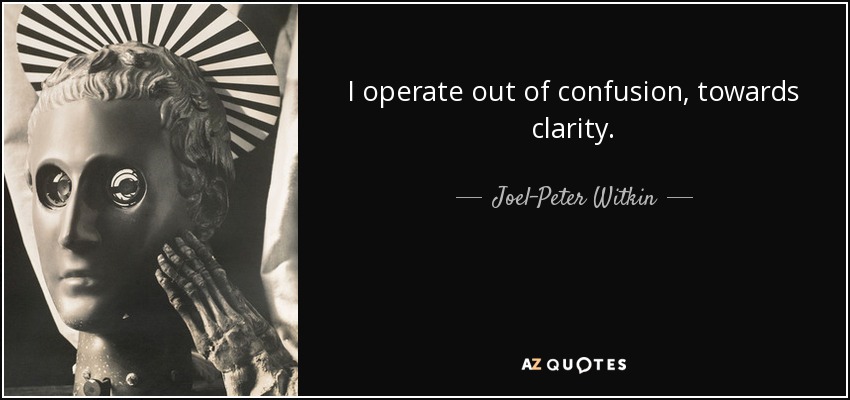

As Isobel Cockrell at Coda reported in early February, a number of Iranian public figures-including journalists and sports stars-have had their posts removed and accounts suspended by Facebook-owned Instagram, possibly because of worry at Facebook over sanctions. Not every social media company has adopted the same posture, though. These sanctions could cut Twitter off from the global financial system and render it inoperable as a social media platform. Because Executive Order 13876 authorizes the treasury secretary to sanction anyone found “to have materially assisted, sponsored, or provided … technological support” to a sanctioned person pursuant to that executive order, Cruz asserts that the Treasury Department has the authority to sanction Twitter for its provision of services to both men and “to the extent appropriate,” it should do so. Thus, Cruz concludes, Twitter cannot legally provide services to either Khamanei or Zarif.īut it gets worse.
#Twitter ticker confusion license
chapter V,” which includes a broad range of Iran sanctions programs, “unless their property interests are blocked solely under 13599.” Because Trump blocked the property of Iran’s supreme leader and foreign minister under Executive Order 13876 last summer, their property interests are not blocked “solely pursuant to 13599” as is required for the license to apply. (The general license in question is known as GL-D1 unlike a specific license, another type of authorization issued by OFAC, it is self-executing.) The license says that it prohibits the “exportation, re-exportation, or provision, directly or indirectly, of the services, software, or hardware … to any person whose property and interests in property are blocked pursuant to any part of 31 C.F.R. Iran sanctions, Cruz points to an exclusion at the end of the license to explain why it doesn’t apply to Twitter’s provision of accounts to Khamenei and Zarif. sanctions law-excludes certain social media activities such as “social networking” from the U.S. In his February letter, Cruz starts with a general proposition: “American citizens and entities are prohibited from providing goods and services to the Government of Iran, pursuant to the President’s use of the International Emergency Economic Powers Act (IEEPA) … and as described in the Iranian Transactions and Sanctions Regulations.” After acknowledging that a 2014 Office of Foreign Assets Control (OFAC) general license-a document that authorizes actors to engage in activities that would otherwise be prohibited under U.S.

While Cruz provides a fair reading of Treasury’s current regulations, he ignores crucial speech protections etched into U.S. sanctions law is a matryoshka doll of exceptions layered within exceptions. sanctions law-he argues that the platform itself should face sanctions as well. Cruz, by contrast, not only believes that Twitter has violated U.S. While Pai and others have pushed for more transparency from Twitter about how it makes content decisions, they’ve stopped short of suggesting that Twitter has a legal obligation to remove certain content.

Most arguments from Republican members of Congress and the Trump administration concern Twitter’s policies : For example, Federal Communications Commission Chairman Ajit Pai has argued that because tweets by Iran’s top leader Khamenei glorify violence, in contravention of Twitter’s rules, his posts should be removed.

But Cruz’s argument breaks new ground in suggesting that the platform has breached the law. sanctions violations and to “enforce any violation through sanctions and by seeking civil and criminal penalties.”Ĭonservatives routinely criticize Twitter’s content moderation decisions. After Twitter declined to take down the accounts, Cruz wrote again in May, individually urging Attorney General William Barr and Treasury Secretary Steven Mnuchin to investigate Twitter for U.S. The senators cited Executive Order 13876, pursuant to which President Trump designated the supreme leader in June 2019 and authorized the secretary of the treasury to designate other leaders supporting Khamanei. Tom Cotton, Marsha Blackburn and Marco Rubio- wrote to Twitter’s CEO, Jack Dorsey, formally asking him to remove the Twitter accounts registered to Iran’s Supreme Leader Ali Khamanei, Iran’s Foreign Minister Javad Zarif, as well as “any other designated Iranian entity” subject to U.S. Is Twitter breaking the law by allowing Iranian officials to post on its platform?Ī group of conservative senators says yes.


 0 kommentar(er)
0 kommentar(er)
